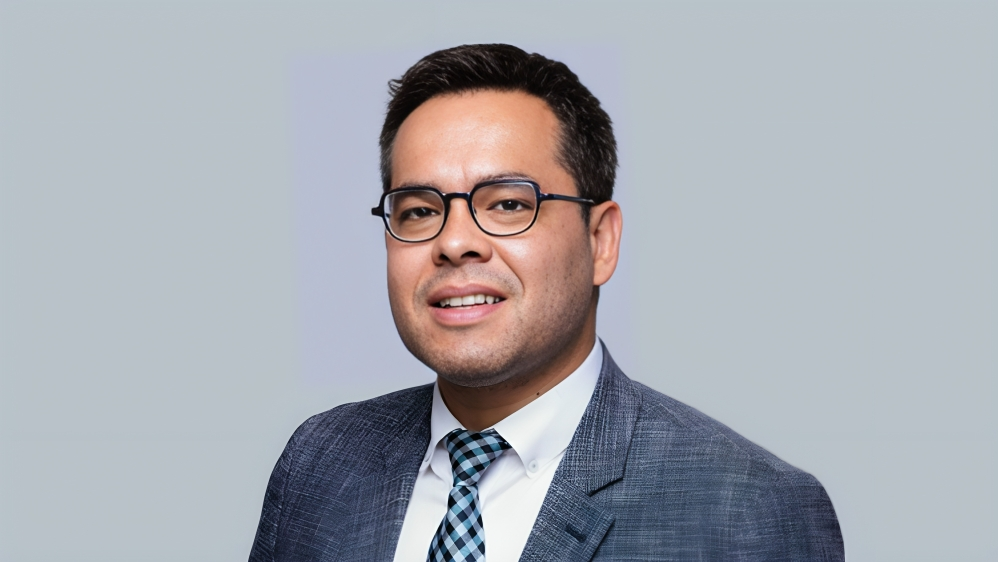
Fabio Ynoe de Moraes: Tennis and the Physician-Scientist – Lessons from the Court to the Clinic and Lab
Fabio Ynoe de Moraes, Associate Professor at Queen’s University, shared a post on LinkedIn:
“Tennis and the Physician-Scientist: Lessons from the Court to the Clinic and Lab.
1. “Keep your eyes on the ball” – Focus on the Problem, Not the Outcome
In tennis, success is determined by tracking the ball until the moment of contact, not after. In medicine and science, we often become obsessed with outcomes—publications, grants, recognition—losing sight of the central clinical or scientific question. Just as the tennis player must stay grounded in the present moment, the physician-scientist must anchor their focus on the fundamental clinical need or unanswered hypothesis, avoiding distraction by transient metrics of success.
2. “Prepare early and show the tip of your racquet” – Anticipate and Reveal Your Strategy
Preparation in tennis begins before the ball crosses the net. The racquet face reveals intention and readiness. Similarly, in clinical or research endeavors, early preparation—through rigorous literature review, hypothesis development, and stakeholder engagement—sets the trajectory for excellence. Transparency of method and purpose (the “racquet tip”) builds trust with peers, patients, and funders.
3. “Use an open stance” – Stay Adaptive in a Dynamic Field
Modern tennis favors the open stance: fluid, reactive, and energy-efficient. In science and medicine, the “open stance” is intellectual flexibility—the willingness to absorb new data, pivot hypotheses, and engage in interdisciplinary dialogue. Dogmatism, like closed stance footwork, limits range and response. Open-mindedness is the new power position.
4. “Bend your knees for power and spin” – Harness Foundations for Depth and Impact
Power in tennis doesn’t come from arm strength alone; it is rooted in lower-body mechanics. Likewise, impactful science and medicine rest on foundational knowledge—physiology, statistics, ethics. Bending your knees is humility: it reminds us that power in medicine comes not from ego, but from depth, rigor, and thoughtful engagement.
5. “Move your legs early, make micro-adjustments” – Proactive Thinking and Precision
Footwork separates elite players from amateurs. Anticipating the ball’s trajectory and making micro-adjustments is a metaphor for proactive clinical thinking—interpreting trends in a patient’s vitals before overt deterioration, or refining a methodology in response to early data signals. Good medicine, like good tennis, requires constant, conscious recalibration.
6. “Play each point as if your life depends on it” – Presence and Purpose
Whether in match point or first serve, champions give their all. In medicine, every clinical encounter or experiment may impact lives, directly or indirectly. This lesson urges us to practice presence, recognizing that today’s “small tasks”—a chart note, a pilot experiment—are the groundwork of future breakthroughs.
7. “Don’t overthink. Improve point by point” – Iterative Growth over Perfectionism
Perfectionism can paralyze. In tennis, lingering on a lost point ensures you’ll lose the next. In science, a failed grant or a rejected manuscript should not define one’s trajectory. Growth is iterative, not instantaneous. Each patient seen, each protocol written, each mistake made is a point on the path to mastery.
Conclusion:
Tennis is more than a game—it is a metaphorical training ground for excellence, humility, and resilience. In both tennis and medicine, greatness is not defined by winning every point, but by playing each one with discipline, adaptability, and purpose. For physician-scientists navigating the chaos of clinical trials, data variability, and human vulnerability, the court teaches what the lab and clinic often forget: show up, adjust, and never take your eyes off what truly matters.”

-
Challenging the Status Quo in Colorectal Cancer 2024
December 6-8, 2024
-
ESMO 2024 Congress
September 13-17, 2024
-
ASCO Annual Meeting
May 30 - June 4, 2024
-
Yvonne Award 2024
May 31, 2024
-
OncoThon 2024, Online
Feb. 15, 2024
-
Global Summit on War & Cancer 2023, Online
Dec. 14-16, 2023
